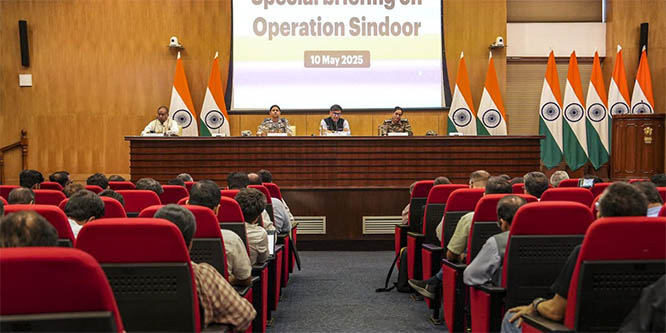
New Delhi, April 30: India and Afghanistan are looking to revamp their intelligence sharing system after the recent multiple strikes by Taliban in Kabul and other parts of Afghanistan. Ahead of foreign minister S M Krishna's meeting with his Afghan counterpart Zalmai Rassoul this week, government officials said the two countries have decided to shun the practice of sharing intelligence through "routine'' letters and will instead focus on transferring intelligence inputs immediately.
Kabul and other Afghan cities were targeted on April 15 by Taliban in what was the most ferocious coordinated strikes in the country in years. While Indian establishments were not specifically targeted, Kabul's diplomatic enclave was attacked by the terrorists.
"We are working on a new mechanism and from now on the intelligence sharing will be on a more immediate basis instead of through routine letters,'' said an official.
"Our ambassador in Kabul has already been asked by Krishna to share details promptly with Afghan authorities and ensure follow up action to avert any disaster. He will take up the matter again with the Afghanistan foreign minister when he discusses security issues,'' the official added.
The Indian embassy in Kabul had issued a security alert on March 19 about attacks by, as it said in the advisory, anti-government elements (AGEs) in public places, which suggested that it had some inkling of the terror strikes which followed. Government sources said Rassoul will brief Krishna in detail about the attacks and preventive measures being taken.
Krishna and Rassoul will also together chair the first meeting of the India-Afghanistan Partnership Council as envisaged in the strategic partnership agreement signed by the two countries. The inaugural session of the Partnership Council will be preceded by a meeting of the Joint Working Group on Political and Security Consultations headed by foreign secretary Ranjan Mathai and deputy foreign minister of Afghanistan.
During his visit, Rassoul will call on Prime Minister Manmohan Singh, finance minister Pranab Mukherjee and national security adviser Shivshankar Menon. "The visit forms part of the high-level engagement between the two countries and provides an opportunity for both countries to review and consolidate the implementation of their strategic partnership,'' the foreign ministry said in a statement.








Comments
Add new comment